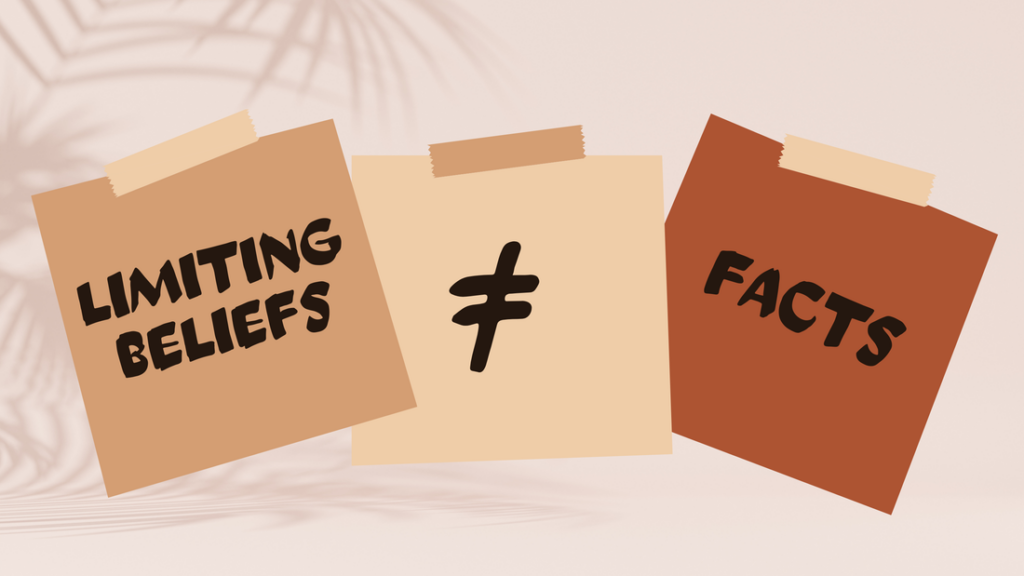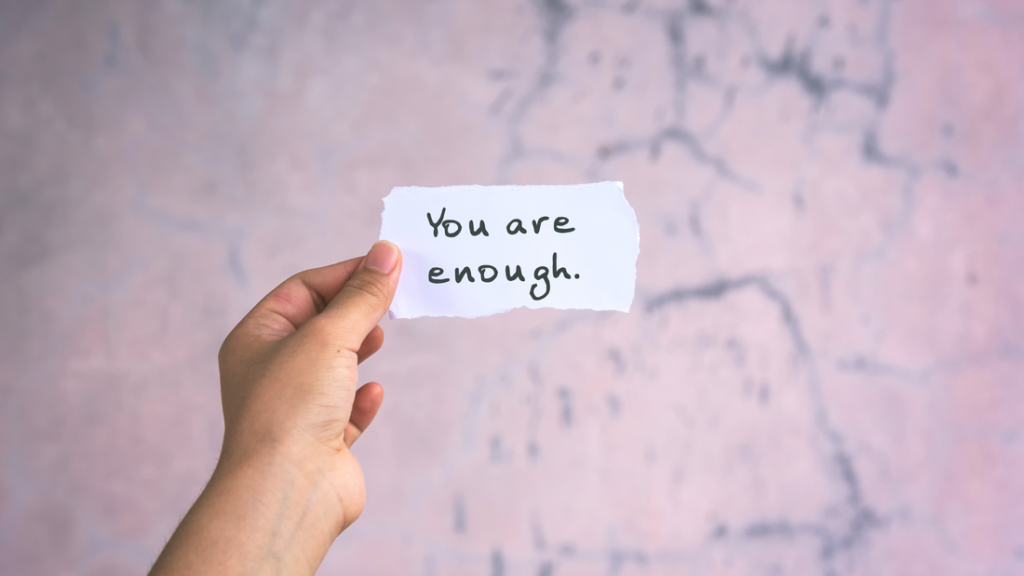The stories I believed became the reality I experienced.
In this article, I will share with you how the beliefs I formed as a child continue to impact my perception of myself and the world around me today. Through my experiences, I’ve noticed that while external factors can change, my worldview remained constant for a long time.

As a 28-year-old, I’ve grown physically, but I still view the world through the lens of my childhood beliefs. As I grew up, my mind was constantly being shaped by the stimuli and information around me. This came from a variety of sources, including primarily my parents.
While some of this information was useful and helped me to gain certain values as well as to learn important skills like speaking, reading and writing, I also unconsciously assimilated certain patterns and beliefs from my authority figures. This led me to adopt their views as my own truth, without considering alternative perspectives. Because I was only exposed to their way of thinking during my early stages of life, I perceived their view of the world as the only correct one.
These experiences led to the formation of my beliefs that would go on to shape my sense of self and identity. Although some of them may be empowering, others may be limiting and hold me back.
Even though I believed that my views, opinions, and perception of the world came solely from within me, I later came to realize that many of my beliefs were actually inherited from previous generations. These beliefs were passed down from my parents, who in turn learned them from their own parents, creating a deeply ingrained system of beliefs that has been passed down through the generations.
I stopped blaming my parents and instead opened my heart to have more compassion for them. I understood that they, too, were raised in an environment where certain beliefs were deeply ingrained in them by their own authority figures.
Many scientists today emphasize the impact of our thoughts on our lives. For a long time, I believed that I was the victim of my external circumstances. However, recent studies confirm that our thinking shapes our worldview and influences how we perceive everything that happens to us.
The kind of thoughts we have is influenced by the way we were taught to think in our early years. As we mature, we continue to process and filter information based on this framework. Gradually, our beliefs are formed and influence our reality.
Our belief system is not only shaped by our parents, but also by the larger cultural and historical context in which we live.
If I internalized the belief that I am not enough as a child, then my perception of the world will be filtered through that belief, leading me to interpret external events as confirming my inadequacy.
Let me give you a concrete example: when I started working in Milan, I was still stuck in the belief that I wasn’t enough. As a result, I tended to focus on moments that confirmed this belief, while disregarding compliments and positive feedback. Instead, it was the criticism from a colleague that hit me the hardest and made me feel even worse.
Growing up in an environment where rewards were contingent on performance, I found myself viewing the world through a lens that emphasized the importance of achieving measurable outcomes. As a result, my attention was drawn to the need to constantly achieve results in order to earn recognition and validation.

Over time, however, I began to realize that my perception of the world was colored by my underlying beliefs. I started to see that I was not just observing the world around me objectively, but rather through a particular lens shaped by my upbringing and experiences. It was like looking through a filter, which could be tinted in different colors — red, black, pink — depending on my beliefs.
All I can see is what is out there, but I can’t see it from where I am looking at it. But, if I see the world through a filter, what is real, and where am I looking from? From my belief system.

To illustrate this further, imagine a glass filled to half with water, and two people looking at it. One sees it as half full, while the other sees it as half empty. How can this be? The truth is, we all perceive the world through our own unique set of beliefs and internal programming.

I came to understand each of us has a different filter that we use to interpret the world around us.
However, my beliefs are not solely my own, but are influenced by the beliefs of those who came before me. By acknowledging this, I can start to question my own belief system, release it and start making conscious choices about what I choose to believe and how I want to perceive the world around me. As a result, this perception will ultimately determine my experience of reality.
